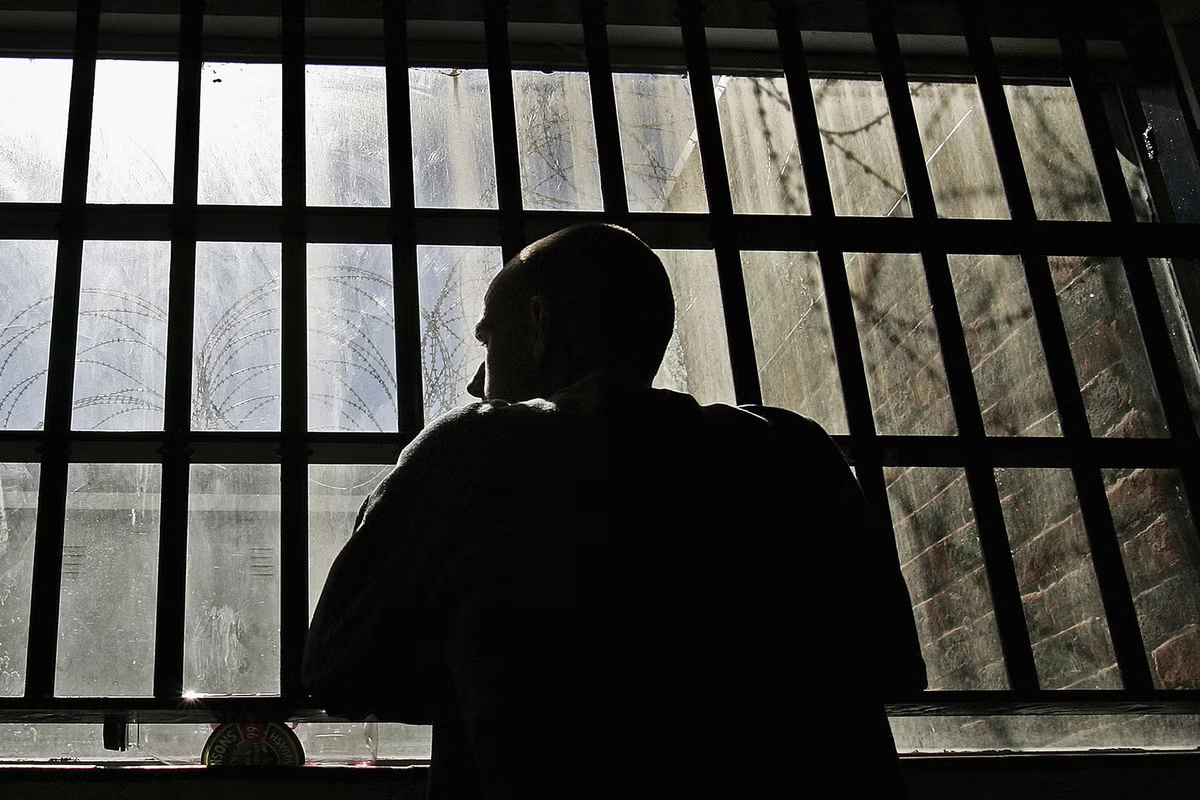Overzealous Prison Sentences Are Driving the Justice System to the Brink of Collapse
The tough approach to crime is a costly policy failure that has overcrowded prisons and brought the justice system to its knees, writes leading rule of law and immigration expert Andi Hoxhaj, according to "The Independent".
For every 100 people in England and Wales, an average of 000 people are imprisoned.
This is one of the highest rates in Western Europe. With more than 87 prisoners as of February 000, around 2025% of prisons are full and the criminal justice system is on the verge of collapse.
If the current rate of arrests and convictions continues, prisons are expected to run out of space within weeks.
Initial findings suggest that an approach of "penal populism" by Labour and Conservative governments in recent years has meant people are receiving longer sentences for crimes, it reports.
Between 2012 and 2023, the average sentence increased from 14,5 to 21,4 months.
A driving force behind this change are polls since the late 1980s showing that three-quarters of the British public judge criminal sentencing to be too lenient.
In response, successive governments have focused their policy on imprisonment and longer sentences, to show that they are tough on crime.
In particular, Starmer, as a former head of public prosecutions, has the chance to change the public debate and challenge the strongly held view of imprisonment as the main response to lawbreaking.
Nearly half of prisoners in England and Wales go on to commit another crime within a year of release and minorities are overrepresented among those charged in the UK.
Failure to reform will lead to a long-term loss of confidence in the criminal justice system.
My confidence in making this claim is informed by my home country, Albania, which has one of the highest per capita incarceration rates in Europe. What is most worrying is that 61,3% of prisoners are pre-trial detainees who have not yet been sentenced.
It is no wonder that the public has a low level of trust in the justice system – in fact, it is seen as the most corrupt part of the Albanian state.
Locking people in prison without a full trial violates fundamental human rights that protect people from wrongful conviction.
In an effort to improve, Albania undertook a major reform in 2016, focused on vetting the entire justice system over eight years, which included 805 judges and prosecutors.
Their amassed wealth included expensive beach villas, high-value cars and, in some cases, opulent residences in Western European cities, including London, all acquired through corruption.
Albania also established the Special Structure against Corruption and Organized Crime (SPAK), designed to combat corruption and organized crime at the highest level.
So far, SPAK has indicted senior officials, including former presidents, prime ministers, ministers, prosecutors general, and judges of the Constitutional and Supreme Courts.
As a result, Albania has somewhat improved public trust in the criminal justice system, but has not changed the way trials are conducted.
Building a civil society that trusts its institutions is a difficult task and requires more than cleaning up judicial or parliamentary benches.
While the UK does not have corrupt judges like Albania, its over-reliance on prison sentences has a similarly negative impact on society at large.
In England and Wales, one-fifth of the total prison population are remand prisoners.
Punishment is an important part of the criminal justice system.
The prison overcrowding crisis offers the Labour government a political opportunity – and a recognition that the “enthusiasm” for longer sentences comes at a huge cost to taxpayers, citizens and society.
Both my adopted country, the UK, and my country of origin, Albania, need a profound change: a culture shift that avoids unnecessary criminalization and considers alternatives to incarceration.
The previous Conservative government gave people considerable reason to doubt the strength of our civic systems, including a growing number of courts and prisons that are close to collapse.
What is clear is that criminal populism is unsustainable, both in infrastructure and in public trust.
Trust in the UK's system of government is now at a record low.
If the Labor government does not reform the criminal justice system, people will lose trust and it could take a long time to rebuild that trust.













